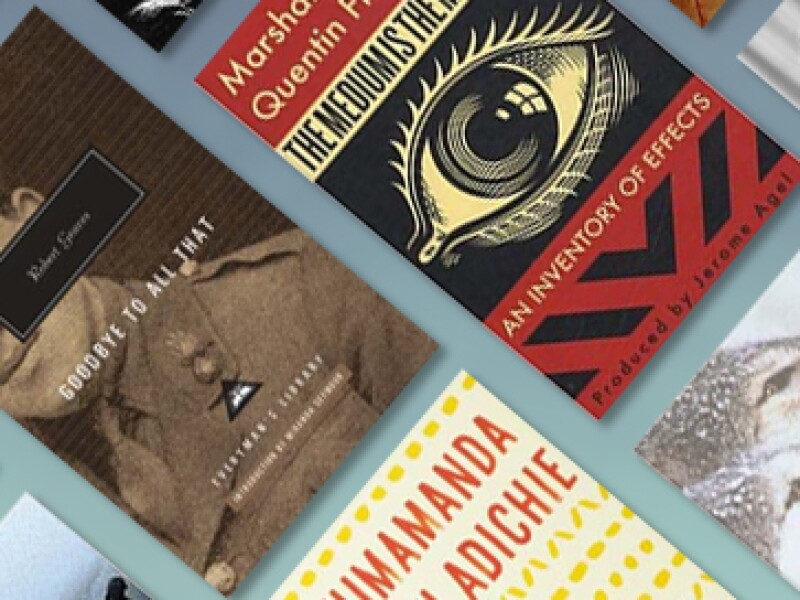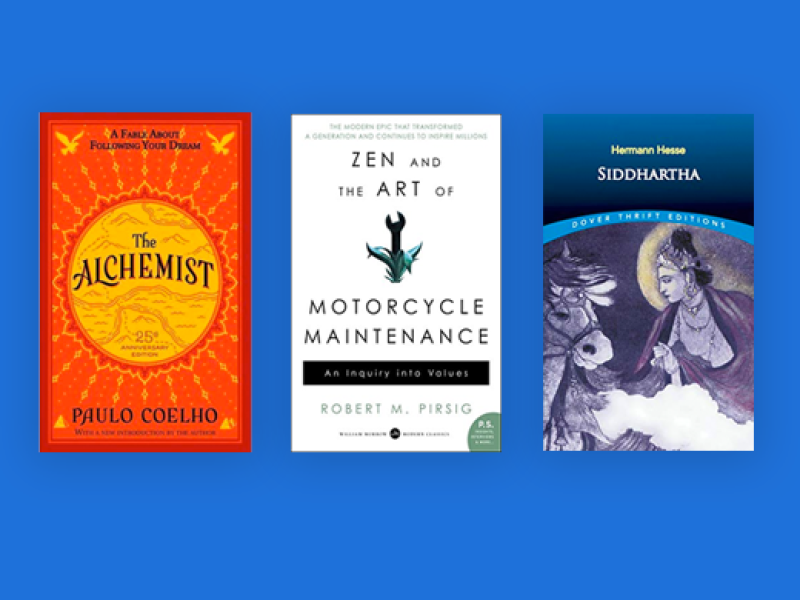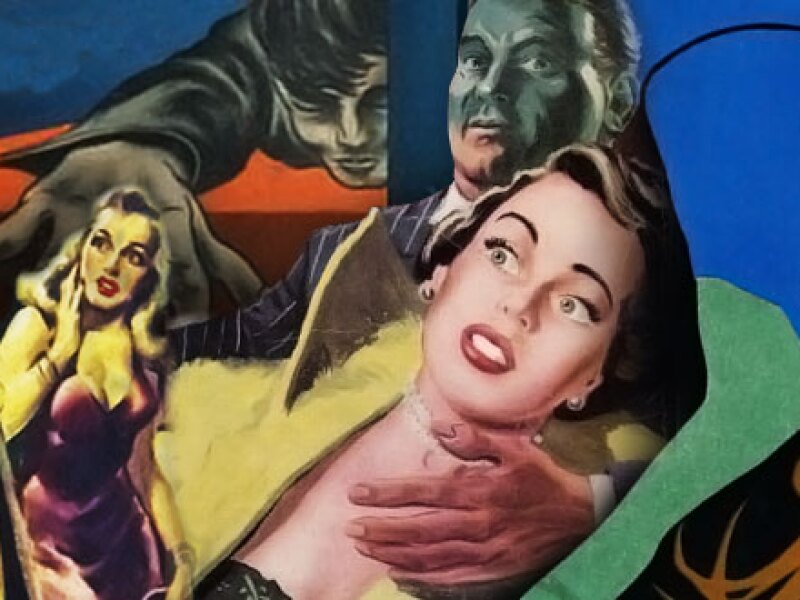“He who controls the spice controls the universe.” The Dune universe began in 1965 when American author Frank Herbert published Dune and changed the science fiction genre forever. The bestselling novel, set far in the future where intelligent computers have been banned, won the inaugural Nebula Award for best novel in 1965 and the 1966 Hugo Award.
It has been adapted into one film by David Lynch, two films by Denis Villeneuve, and also into a TV series. Dune became a franchise as Herbert added five sequels to create a series.

When Frank Herbert died in 1986, his son Brian took the baton, co-writing prequels and sequels with Kevin J Anderson. This sci-fi franchise is active with Brian Herbert and Anderson regularly releasing new installments. However, the first six books by Frank Herbert remain at the core of the Dune reading experience. They are, in reading order, Dune (1965), Dune Messiah (1969), Children of Dune (1976), God Emperor of Dune (1981), Heretics of Dune (1984), and Chapterhouse: Dune (1985).
The Dune universe, or Duniverse, or Dune chronicles, revolves around the spice melange, which is only found on the desert planet of Arrakis. Melange is a drug that lengthens life, heightens awareness, unlocks visions of the future and facilitates interstellar space travel. However, it is guarded by massive sandworms in a barren desert-style landscape. There is an empire along with plots and characters with bad intentions. Paul Atreides, played by Kyle MacLachlan in the 1984 movie and by Timothée Chalamet in the 2021 and 2024 films, is the hero of the first two books and the films.
First editions of Dune, published by Chilton Books in 1965, are highly collectable. Until publishing Dune, Chilton printed car repair manuals. The moody dust jacket designed by John Schoenherr adds to the aura of this book. AbeBooks has sold three signed first editions of the original Dune novel for $15,000 each (about £11,000) and a first edition set of the first three Dune novels for $14,300. Also be aware of the Folio Society’s scarce editions of the original novel.

































